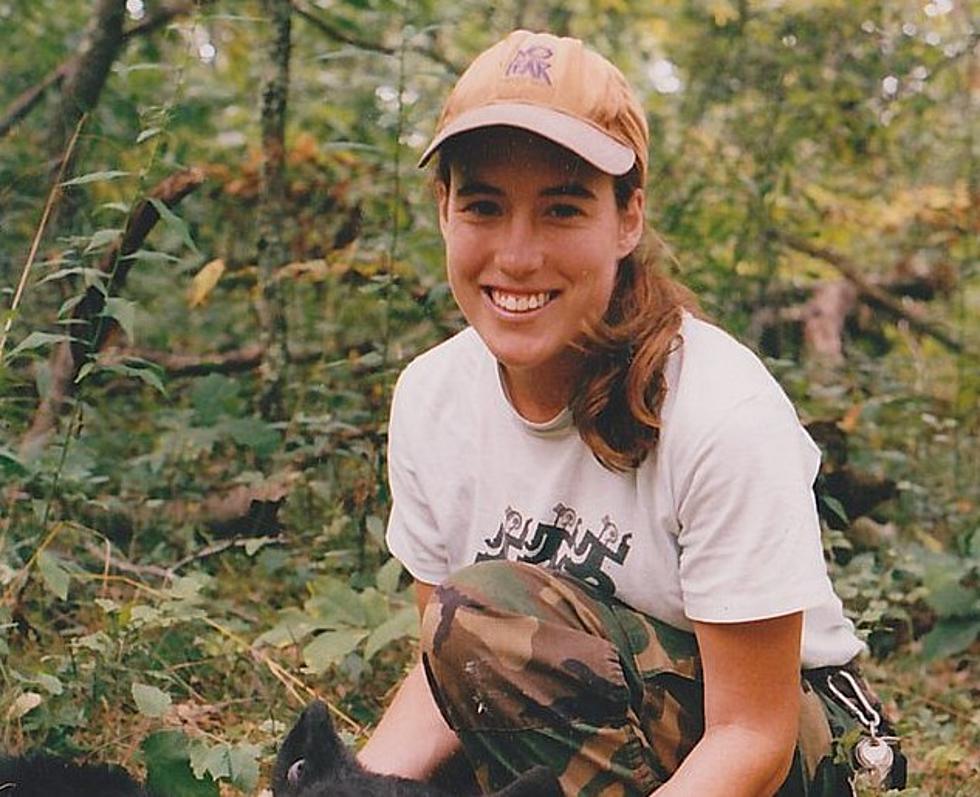
UM Grant Aims to Improve Montana’s Maternal Care
MISSOULA – The University of Montana recently was awarded a $1.4 million federal grant to improve the maternal mortality rate across Big Sky Country and especially among rural Native American populations.
The five-year Centers for Disease Control and Prevention grant went to UM’s Rural Institute for Inclusive Communities, which has promoted equal opportunities for people with disabilities and others since 1978.
“The maternal mortality rate in the United States is higher than any other industrialized nation, and the U.S. is one of just a couple of nations whose rate has increased in recent years,” said Dr. Annie Glover, a Rural Institute senior research scientist. “I am very excited to receive this award, as it gives us the opportunity to partner with Montana’s incredibly dedicated healthcare providers to apply the latest evidence-based clinical practices to change the ways our systems are delivering maternity care across the state.”
Native people have a two to three times higher risk of dying from a pregnancy-related cause than white mothers, Glover said.
“A lot of work is being done to better understand what is driving these numbers,” she said. “This grant provides Montana with the opportunity to step into a national leadership role where we adapt evidence-based solutions developed in higher-resourced and higher-population areas to our very unique, rural communities.”
Glover said Montana faces multiple challenges in providing maternal healthcare. Pregnancies happen in all 56 counties, but only 26 hospitals have a birthing unit. Families often must drive hundreds of miles to reach prenatal, delivery and postpartum care.
“We also have significant human resource challenges,” she said. “There simply aren’t enough physicians and nurses available to staff labor and delivery units in every community that needs one, and rural isolation creates clinical skill and resource gaps. And these issues are compounded by the historical trauma and systemic racism faced by Montana’s Indigenous population.”
Glover said the new grant specifically targets severe maternal morbidity in delivery rooms and aims to improve clinicians’ ability to recognize serious complications early and respond rapidly with appropriate interventions to prevent further complications and death.
Each month facilities will gather virtually to work through evidence-based ways to improve care. Hospitals will share their successes and challenges with their peer facilities across the state and gain access to clinical experts across the nation. This work will be facilitated by Yarrow, a Montana-based public health consulting organization.
To provide guidance to the project, the Montana Department of Public Health and Human services will convene multiple high-level partners such as the Montana Hospital Association and Montana Perinatal Association, as well as other leading clinical organizations. Additionally, various Indian Health Service units, urban Indian health centers, and the Rocky Mountain Tribal Leaders Council, will be invited to take a leadership role to ensure the collaborative meets the needs of Montana’s indigenous communities, both rural and urban.
The grant also will allow Glover and her colleagues to move upstream and work with primary care providers and improve clinical practices. “The goal is to help prevent pregnancy complications before they become life-threatening,” she said.
During the past year, DPHHS, UM and Yarrow piloted the initiative the grant will fund in 17 birthing hospitals across Montana to improve obstetric hemorrhage. “And despite facing unprecedented staffing and resource challenges during the COVID-19 pandemic, the nurses and physicians dedicated an extraordinary amount of time and energy into clinical quality improvement,” Glover said.
The grant is part of the Whitehouse Blueprint for Addressing Maternal Health Care. UM also has awards meant to improve maternal mortality through the CDC ERASE program, Health Resources & Services Administration support for Montana Obstetrics & Maternal Support, and the Alliance for Innovation and Maternal Health program through the American College of Obstetricians and Gynecologists.
- by UM News Service -
More From KSEN AM 1150









